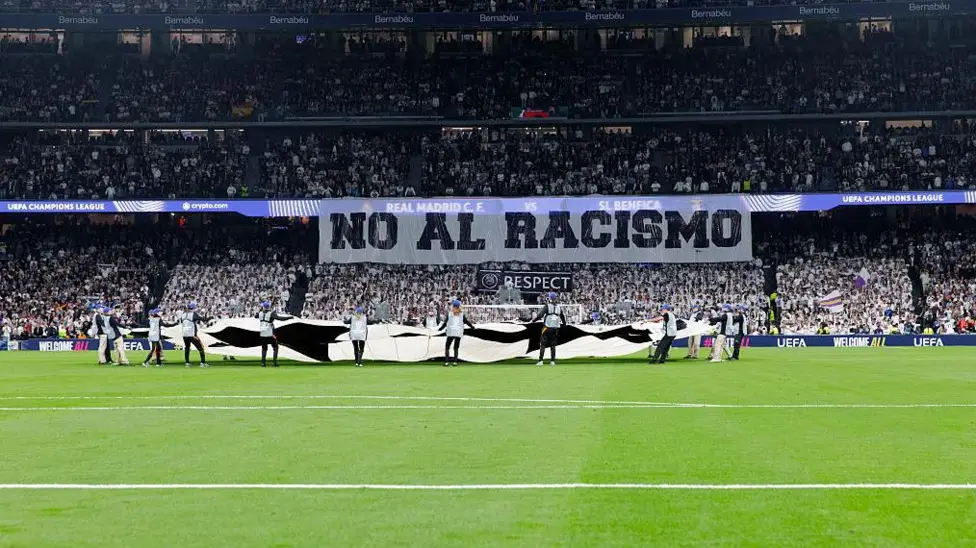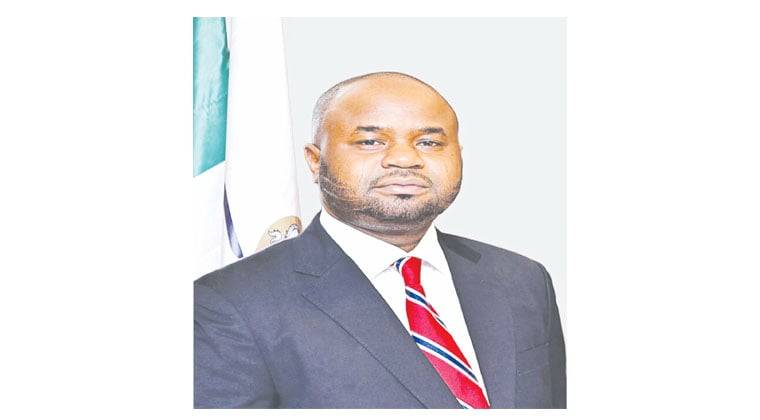FROM CONCEPT TO PRODUCT
In 2016, the idea of recycling plastic and turning it into a bike brewed in Johannes Alderse Baas’ mind, so much that, at times, it would keep him awake at night, his suppressed energy buzzing and restricting him a good-night sleep. His premise was to make a bike made just with plastic, and while he admits his idea is nothing new, he still wanted to see where it could lead him. He turned to his grandfather for advice, a mechanical engineer and a bike maker himself, and from the onset, the lineage of familial craftsmanship has run. After conversing with his grandfather, Baas drafted up a sketch and worked on his concept inside his grandfather’s room. As he illustrated his vision and mission, he asked himself if people would buy it. Rather than receiving a solid ‘yes’, his crowdfunding sold 100 batches of his plastic-made bike without any marketing to testify that the public, although nothing new, clamors for the concept of his bicycle, now named ‘mtrl bike.’
RECYCLABLE BICYCLE
Later on, his brother Benjamin Alderse Baas joined to develop the subsequent versions of the first model, and together, the Alderse Baas brothers rented a small shed from a farmer, upgraded their production facility, and reworked every single part of the bicycle until it unfolded to what their clients and investors see today. The brothers introduce mtrl bike and themselves by sharing, ‘we are Johannes and Benjamin. Our grandfather ran a bicycle repair shop. We share his love for tinkering and want to take it one step further: tinkering with the very concept of a bike. Instead of running a repair shop, we are repairing the way bicycles are produced. Preventing you from needing a repair shop in the first place. I am proud we have made a bike that my grandchildren can still use, or recycle if they do not like my design.’
As they claim, their bike is fully recyclable since it is made of plastic, echoing their desire for their design to be circular. They produce the bike in their Lab in Nijkerk with ‘recyclable energy to keep the CO2 footprint to a minimum.’ The bicycles have also been tested for safety and approved according to European guidelines. To produce their bike, the brothers have partnered with Germany-based motion plastic specialist Igus, its test labs operating on motion plastic parts such as bearings, e-chains, gears, and 3D printing.
MINIMIZING FOOTPRINT
The brothers know that there is nothing new about a 100% recycled plastic bike. They write that since 2016, they have been rethinking every part of the bicycle, its purpose, material and origin. They bet on innovation, launching strategic projects in the fields of recycling and in-house production to further minimize the footprint of their bicycles. ‘Imagine that everything you are perfectly content with right now can be done differently; better, smarter, more beautifully, and sustainably. It takes a different view of reality, one that is far ahead of its time,’ the brothers write. Their present prototype ‘never rusts, never needs oil, never needs cleaning. Imagine you could make an entirely new bike from your old one.’
The brothers might already possess sheets of blueprints for their current model, but the duo insists on reworking and repurposing shapes and solutions to create versions that cater to their clients’ needs. To carry it out, interviewing clients and investors form part of their research process to not only fuel their desire to learn more about their project, but to train themselves in the industry, enough to be knowledgeable about the ins and outs of their philosophy and the society’s standards. In the meantime, they have already started their pre-order list on their website.
Source: Design boom














